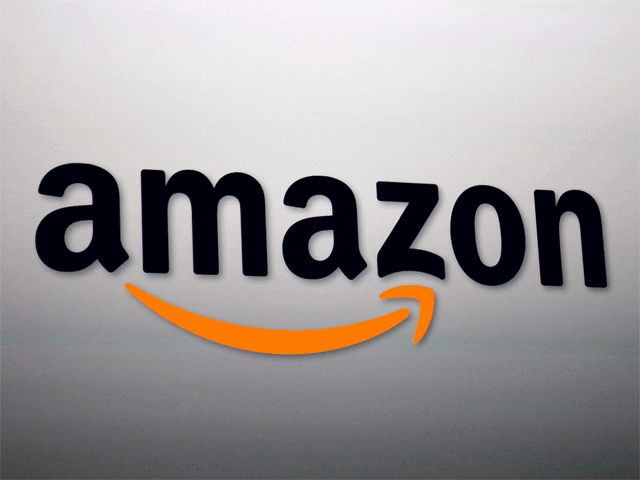INSUBCONTINENT EXCLUSIVE:
Amazon.com Inc on Thursday reported its first profit miss in two years and said income would slump in the current quarter, as the online
retailer ramps up spending on one-day delivery to spark sales growth.
The company also said its investment in faster shipping was starting
to pay off, with revenue rising 20 per cent to $63.4 billion in the second quarter ended in June
That topped analysts' estimates and the 17 per cent rate of growth that Amazon posted in April.
Shares fell more than 1 per cent in
after-hours trade.
Seattle-based Amazon has drawn more than 100 million paid subscribers to its loyalty club Prime by releasing original TV
shows, equipping more gadgets with its voice assistant Alexa and offering quick shipping for countless goods, including groceries from its
subsidiary Whole Foods Market.
Now, it is investing heavily to halve delivery times to one day for Prime members, to stay ahead of rivals
such as Walmart Inc that have marketed two-day shipping without subscription fees
So far Amazon has expanded one-day delivery to more than 10 million items, a fraction of the 100 million-plus goods it offers in two days in
the United States.
The cost slightly exceeded the $800 million Amazon had forecast it would spend on the initiative in the second quarter,
Chief Financial Officer Brian Olsavsky said on a call with reporters
"Right now we are seeing an increasing and ramping cost penalty, and that's what's built into the Q3 guidance," Olsavsky said, adding that
most of the work to roll out single-day delivery outside the United States lies ahead of the company.
Amazon's profit inched up to $2.6
billion in the quarter, short of $2.8 billion that analysts were expecting, according to IBES data from Refinitiv
Operating expenses had jumped about 21 per cent.
The money Amazon is sinking into delivery shows how the world's largest online retailer is
not immune to competition, said Neil Saunders, managing director at research firm GlobalData.
"It is a necessary evil," Saunders said
"Amazon exists in a world where a lot of retailers have the advantage of allowing customers to pick things up the same day in stores," with
far larger brick-and-mortar footprints than Amazon can boast.
SLOWING CLOUD?Amazon's slowing revenue growth has in part reflected the
evolving nature of its business
The company is gradually moving away from low-margin retail toward a marketplace model where it collects lucrative fees for helping other
merchants on its site ship and advertise their products.
Revenue from seller services grew 23 per cent to $12.0 billion in the second
quarter, while ad and other sales increased 37 per cent to $3.0 billion.
Though profitable, the dual retail and marketplace model has drawn
Earlier this month, the European Commission launched an antitrust probe into whether Amazon's use of other merchants' data offered an unfair
advantage to its retail unit, which has made private-label versions of popular products.
The US Justice Department also said Tuesday it
would look into whether Big Tech engaged in any anticompetitive practices, including in online retail.
Olsavsky declined to discuss the
matter.
At the same time, sales growth for Amazon's cloud unit fell below 40 per cent for the first time in years
The unit, which handles data storage and computing operations for other enterprises, raked in $8.4 billion in revenue in the second quarter,
or 37 per cent more than the year prior
Nascent competitor Google on Thursday reported a doubling of cloud revenue to about $2 billion, from its last disclosure of $1 billion at
the end of 2017.
CFO Olsavsky said Amazon Web Services' revenue was strong, though sales cycles fluctuate depending on the timing of
customers' migration to the cloud.
"We're growing faster than anyone" on a dollar basis, he said.
Still, that is not sufficient to cover the
stepped-up investments that Amazon has planned for this year
It now is gearing up for the winter holiday shopping season
It is expanding a variety of its US services globally
And it has beefed up AWS sales staff and overall marketing, which included a live-streamed concert with pop star Taylor Swift to promote its
summer "Prime Day" sale.
These bets and others further afield, like its recent investments in electric and self-driving car companies, show
how Amazon has been happy to forgo short-term income for long-term gains
The company for years had been known for rollercoaster profits.
Overall for the third quarter, Amazon said it expects operating income
between $2.1 billion and $3.1 billion, versus $3.7 billion the year prior
Analysts were expecting $4.4 billion, according to analytics firm FactSet.

